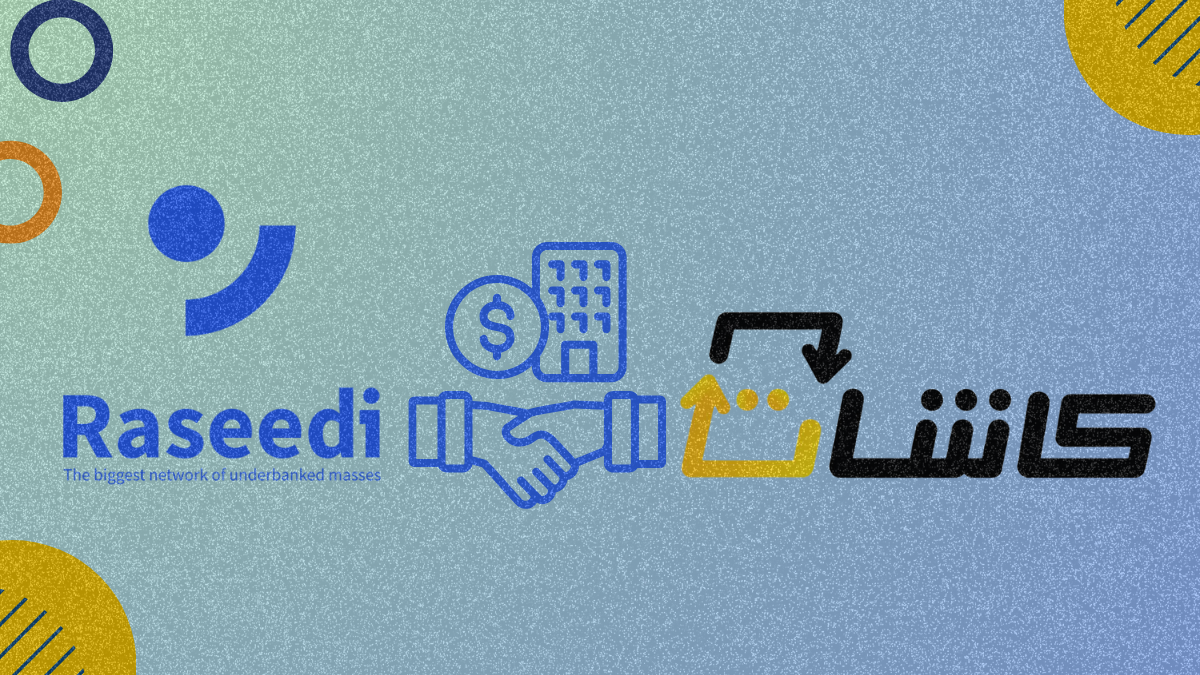MADA Secures $1.55M to Transform Jordan’s Buy Now, Pay Later Market

3 min
MADA secured USD 1,55 million in pre-seed funding to build on its BNPL tech.
Operating within Jordan's regulatory sandbox, MADA plans to transition into a fully licensed service.
The fintech enables consumers to split purchases and promotes smoother transactions for merchants.
Focusing on financial inclusion, MADA aims for widespread smart spending, not just for the tech elite.
Institutional backing and regulatory alignment boost MADA's potential in Jordan's emerging fintech market.
Jordanian fintech startup MADA has raised USD 1.55 million in a pre-seed round, with Vision Ventures leading the investment and D-Investments also taking part. The funding will be funnelled into product development and strengthening its tech backbone, setting the stage for broader expansion.
Launched back in 2018 by Mohammad Merie and Issa Ramadan, MADA has carved out a niche in “Buy Now, Pay Later” (BNPL) solutions—offering Jordanians flexible instalments instead of lump-sum payments. At present, the company operates within the Central Bank of Jordan’s regulatory sandbox, an environment designed for testing financial products in a monitored setting. The idea is that once regulators give the green light, MADA will shift from trial mode into a fully licensed operation.
The appeal of BNPL isn’t exactly news. It’s gathered steam globally, but in Jordan, such models are only just building momentum. MADA’s approach allows consumers to split purchases into four interest-free payments while keeping the process smooth for merchants through plug-and-play integrations. The promise for retailers is simple: more sales, stronger loyalty, and less hassle in attracting digitally savvy customers.
I have to say, I reckon timing is spot on. With economic pressures pinching in the region, giving people interest-free breathing space on purchases feels practical. A cousin of mine in Amman once said buying electronics in lump sums was “a bit of a faff,” so an option like this could win plenty of converts. On the flip side, there’s always the concern about overspending—BNPL can make people forget they’re still on the hook for later instalments.
MADA’s pitch is grounded in financial inclusion, positioning itself as more than just another payments app. The founders talk about transparency and trust as key pillars, aiming to create a culture where smarter spending is accessible to everyone, not only to the tech-savvy elite. Looking at the broader MENA ecosystem, it reminds me of stories we often come across here at Arageek: startups with one foot pushing innovation and the other juggling local regulatory hurdles.
What stood out to me is how closely MADA has aligned with regulators from the beginning. Rather than rushing blind into the market, they’ve opted for the sandbox first, which is, frankly, a clever move. It may feel slower at first, but it could well save headaches down the line when scaling across sectors—or even borders. And believe it or not, securing institutional backing at this early stage is still a big vote of confidence for any fintech operating in a fledgling market like Jordan.
Bottom line? MADA isn’t just a quirky new player with instalment plans. With USD 1.55 million in hand and the regulatory roadmap in view, it’s positioning itself to shape how Jordanians view affordability and digital credit. The BNPL space is getting crowded globally, but for Jordan, this could be the spark that sets off a more inclusive wave of fintech adoption. They’ll need to tread carefully, but things are definately moving in their favour.
🚀 Got exciting news to share?
If you're a startup founder, VC, or PR agency with big updates—funding rounds, product launches 📢, or company milestones 🎉 — AraGeek English wants to hear from you!
✉️ Send Us Your Story 👇
 AI
AI Saudi Arabia
Saudi Arabia UAE
UAE Egypt
Egypt








